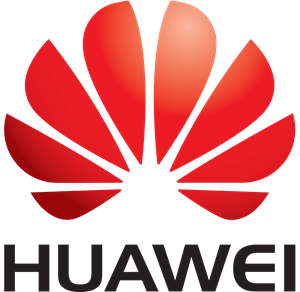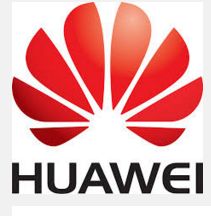Huawei, in collaboration with other 5G Deterministic Networking Alliance (5GDNA) members such as the China Southern Power Grid, Guangdong Planning and Designing Institute, Global Energy Internet Research Institute, State Grid Qingdao Electric Supply Company, Beijing Sifang Automation, NARI Group Corporation, China Mobile, China Telecom, and China Unicom, recently released the 5GDN@Smart Grid White Paper: Requirements, Technologies, and Practices.
This marks the first comprehensive analysis into how 5G Deterministic Networking (5GDN) empowers diverse industries through detailed, quantitative interpretations on specific use cases. The white paper not only delves into the methodology behind accelerating the commercial use of 5G smart grids but also serves as a reference for carriers to get their network capabilities ready in advance, aiming to provide both an industry consensus on 5G smart grids as well as a baseline for the 5GDN requirements of the electric power industry according to the joint efforts of the 5GDNA members from grid corporations, electric power terminal providers, application providers, system integrators, telecom carriers, and network equipment providers.
This white paper is featured in the “5GDN Industry White Paper” series. It quantitatively discusses the key 5GDN requirements of smart grids using specific cases, based on the 5GDN 3D model, which features differentiated capabilities, a dedicated network, and DIY operations. It not only explores the key technologies and solutions that can fulfill these key requirements, but also analyzes the results of the field Proof of Concept (PoC) test, aiming to prove that digital transformation is feasible for smart grids and energy Internet industries.
2020 will be the first year to launch 5G business to business (B2B) services for commercial use in China, promoted by 3GPP R16 standards alongside the E2E networking slicing standards set by the China Communications Standards Association (CCSA), as well as the construction of the 5G Standalone (SA) network for three major carriers in China. B2B services greatly differ from business to consumer (B2C) services in that they require a deterministic network to ensure service quality in terms of latency, jitter, and packet loss rate (PLR). To achieve such a network, 5GDN leverages network slicing and Multi-access Edge Computing (MEC) technologies on the basis of three 5G network highlights: enhanced Mobile Broadband (eMBB), ultra-reliable low-latency communication (URLLC), and Massive Machine-Type Communications (mMTC). These highlights meet the core service availability, security, reliability, and management requirements of the electric power industry, while giving rise to new, ubiquitous, flexible, and high-quality technologies at a low cost for terminal access networks of the power communication system. Such technologies will allow the electric power industry to be the first to experience the commercial use of 5G B2B services.
Professor Liu Jianming, Director of the Expert Committee on “Smart Grid Technology and Equipment” at the Industry Development Promotion Center of the Ministry of Industry and Information Technology (MIIT) in China, Leader of the D2-5G Work Team of the CIGRE Chinese National Committee, and member of the 5GDNA Expert Committee, stated that electric power is a fundamental industry for the national economy and people’s livelihood. He went on to add that electric power is extremely sensitive to network latency, jitter, security isolation, SLA/QoS, management, and O&M. An opportunity therefore arises to view the application of 5GDN in the electric power industry, in order to demonstrate how 5G can drive the digital transformation of a variety of industries.
Since its foundation in June 2019, 5GDNA has led the industry by attracting over 100 members devoted to researching smart grid technology and development. Based on 5GDN, the alliance has released multiple smart grid industry white papers and participated in a series of cross-industry collaborations. All these achievements showcase the 5GDN applications in smart grids seen in the State Grid and China Southern Power Grid, and also serve as a crucial starting point to initiate a 3GPP R18 project on 5G smart grid standards.
As a single network supporting differentiated operations, 5GDN will inevitably become a significant infrastructure to drive digital transformation across all sectors, including the electric power industry. Working together with new information technologies, such as cloud and artificial intelligence, 5GDN will be crucial to the realization of a 5G-based, digital, smart society.
2 mins read
Huawei and Industry Partners Jointly Release the 5GDN@Smart Grid White Paper






